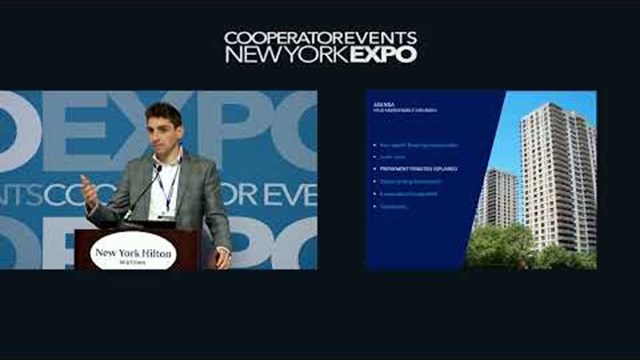“I applied to have the shares transferred into my name for what I thought was an acceptable net worth of about $140,000 in 2005, three years after I inherited the apartment. I provided every document and financial statement that the closing coordinator of the management company requested.
“A number of months later, I received a letter from the closing coordinator stating that the request for the transfer had been denied with no further explanation. The board accepted maintenance and assessment payments from me directly (not from the estate checking account) from January 2002 until October 2009, when I could no longer cover the maintenance. I recently mailed part of the overdue amount. Because of financial losses in the market and a disability that prevents me from working full time, I am unable to afford both the mortgage and maintenance. Thus, I had my attorney request a transfer of the shares a few months ago so that I could access part of the equity of over $400,000 to cover some of my expenses and to do minor work in the apartment so that I can sell it at a price acceptable to the board.
“Six weeks later, the building manager responded with a letter that my original application had been denied because it was "incomplete" and that I should reapply for the shares. He accepted business references from the application, as the closing coordinator also had. Both he and the board are obviously aware that I am facing serious financial problems and that I wouldn't meet financial requirements at this time and yet they are effectively blocking my ability to obtain a refinance with a home equity loan—so I am in a catch-22 situation. Without doing around $10,000 worth of work on the apartment, it could be difficult to sell, even though it is highly desirable in this building. Do you have any suggestions for how to handle this situation? I cannot afford to litigate the matter and legal aid groups can't take it on because of the very substantial equity in the apartment.
—Disgruntled Shareholder
“You have noted that the lease in question specifically permits a transfer to “a financially responsible member” of the decedent’s family. The board’s determination whether the proposed family member is “financially responsible” is valid so long as (i) the board followed the procedures in the proprietary lease; (ii) it acted within the scope of its authority; (iii) its determination legitimately furthered the corporate purposes of the cooperative; and (iv) it did not act in bad faith.
“The facts outlined in the question indicate that the board’s determination fulfilled these four requirements. Its determination was not based only on your net worth but also on your ability to pay the carrying costs of the apartment, an ability which you have stated is impaired. Your remarks about your relations with officers of the cooperative indicate that there might have been some bad faith on the board’s part, but it would be extremely difficult to prove such bad faith, particularly as the board has shown a considerable amount of good faith in that it has permitted you to reside in the apartment since your mother’s death. Unless other terms in the proprietary lease provide otherwise, the cooperative could have taken steps to evict you from the apartment.
“Unfortunately, you are now faced with the possibility of foreclosure or eviction due to your inability to make your loan and maintenance payments. Unless there are additional facts that might give you grounds to contest a foreclosure or eviction, you should try to negotiate with your lender and the cooperative to have them refrain from foreclosure or eviction while you make all efforts to sell the apartment as quickly as possible.”










Leave a Comment